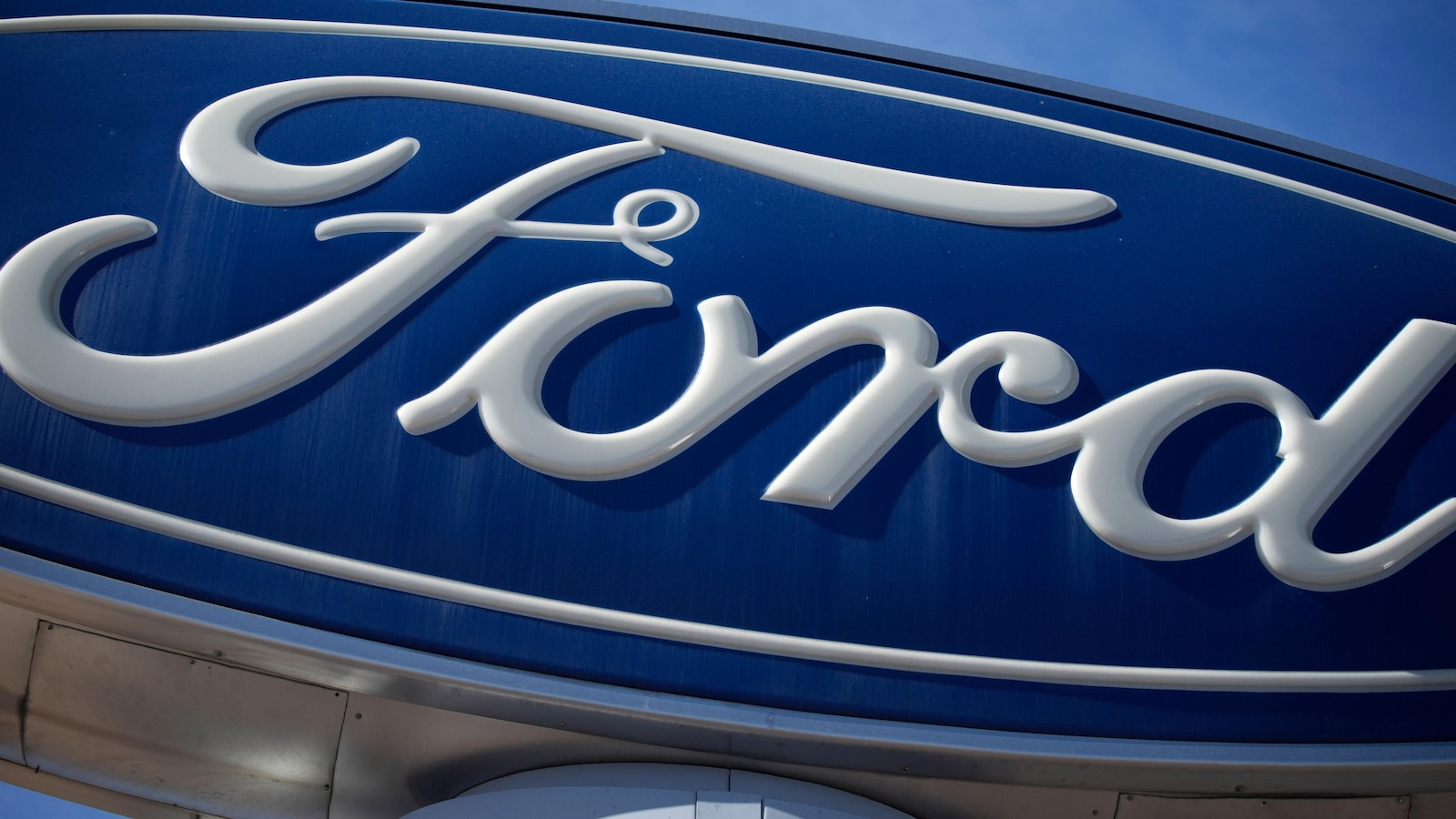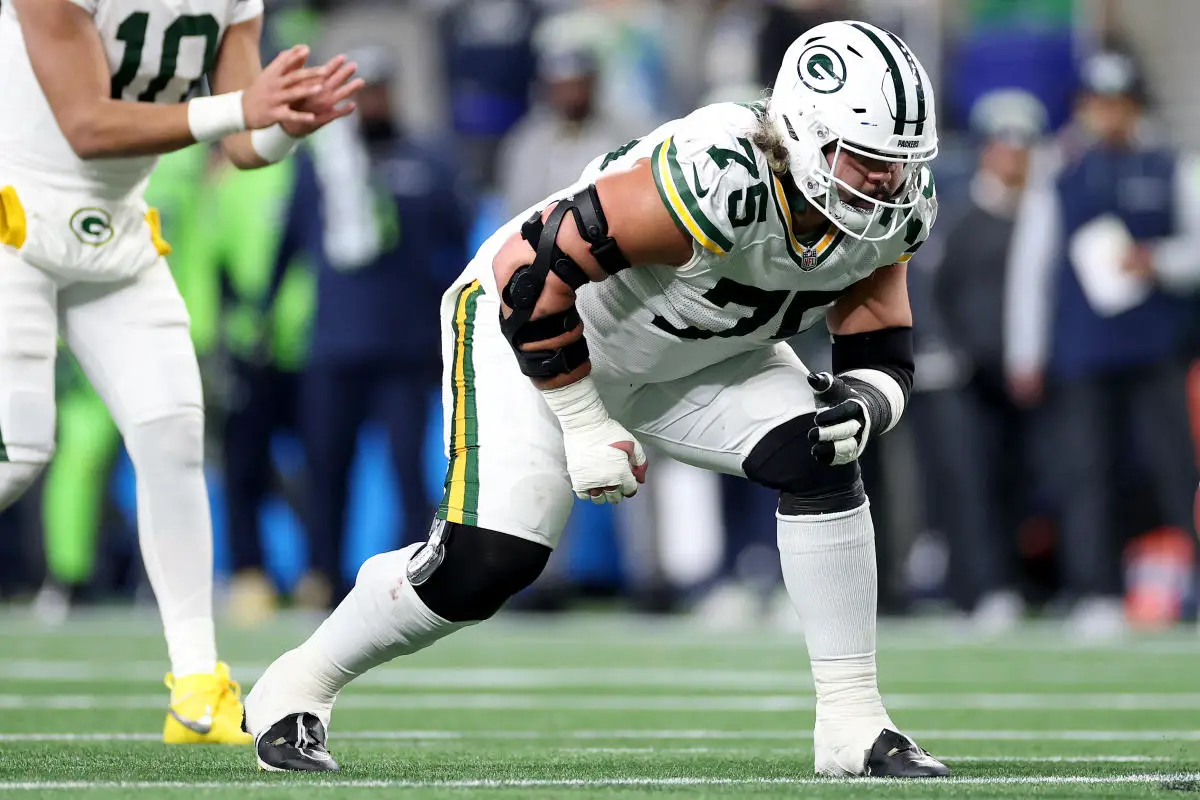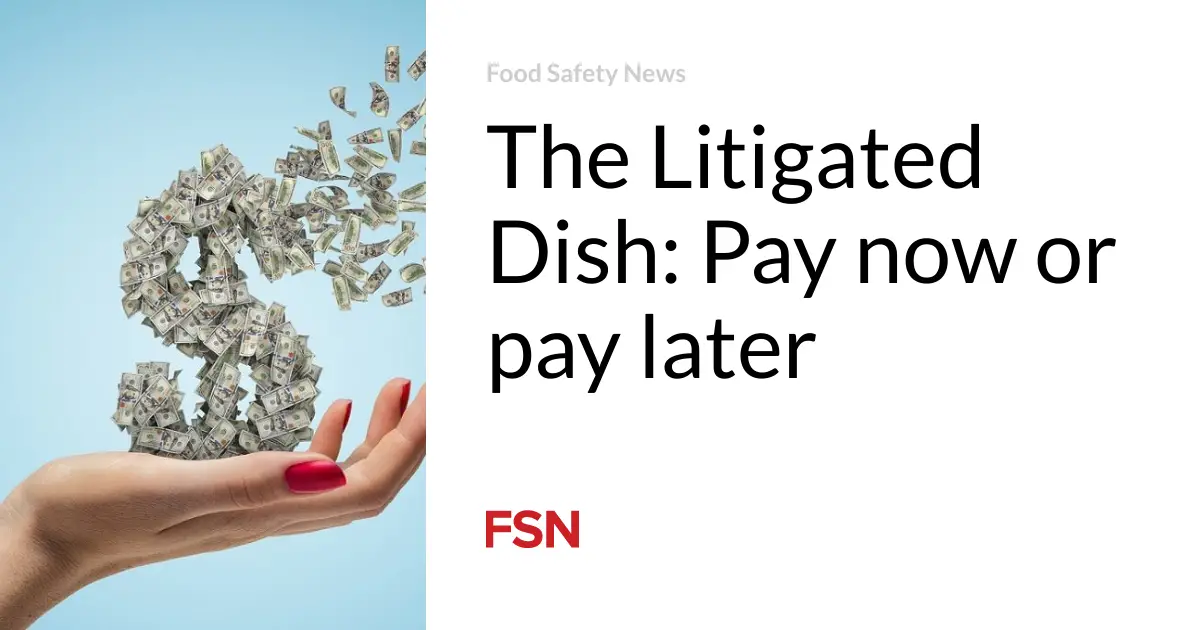
PHILADELPHIA — A woman was intoxicated and using a partially automated driving system when she caused a March highway crash in Philadelphia that killed two people, authorities said as they announced homicide charges against the driver.
State and federal investigators say the woman’s Ford Mustang Mach-E SUV struck the stationary vehicle of a man who had stopped on the left shoulder of I-95 to assist a driver whose car had broken down ahead of him. The March collision, which occurred around 3 a.m., killed both men.
The crash was at least the second this year involving a Mach-E striking a stationary vehicle after dark that the National Transportation Safety Board has investigated. In a February crash along Interstate 10 in San Antonio, Texas, investigators believe a Mach-E struck a Honda CR-V that was stopped in the middle lane with no lights on. The driver of the CR-V was killed.
In a statement Tuesday, Pennsylvania State Police said that drivers using advanced technologies should be prepared to resume control at all times.
“No partially automated vehicle technology should ever be left alone to perform the driving tasks that are required to safely navigate the roads of the commonwealth,” the agency said.
Ford’s Blue Cruise system allows drivers to take their hands off the steering wheel while it handles steering, braking and acceleration on highways. The company says the system isn’t fully autonomous and it monitors drivers to make sure they pay attention to the road.
Investigators in Philadelphia believe that Mustang driver Dimple Patel was driving about 71 mph (114 kph), using both Blue Cruise and Adaptive Cruise Control, when the crash occurred. A fourth vehicle was also struck.
The 23-year-old Patel, a pre-med student from Philadelphia, faces multiple charges, including homicide by vehicle while driving under the influence and involuntary manslaughter. She turned herself in to police Tuesday on the charges filed last week, state police said.
Defense lawyer Zak Goldstein said he had not yet seen the criminal complaint or any reports on the crash, and called the deaths a tragedy. However, he noted that, broadly speaking, Pennsylvania law on DUI-related homicides requires “that the DUI caused the homicide.”
“If in fact it’s a failure in a self-driving or a driving system, that may not be a homicide by DUI even if the driver is intoxicated,” he said, adding that he has not seen any case law on the issue in Pennsylvania.
Ford has said it was collaborating with the state police, the NTSB and the National Highway Traffic Safety Administration in reviewing the crash, which killed Aktilek Baktybekov, who had broken down, and Tolobek Esenbekov, who had presumably stopped in the shoulder to assist him.
When it opened a probe of the Philadelphia and San Antonio crashes involving Blue Cruise, NHTSA said both occurred on freeways in nighttime lighting conditions, and that Blue Cruise was in use just before the collisions.
The agency said it is looking into how Blue Cruise performs driving tasks as well as its camera-based driver monitoring system.
Both NHTSA and the NTSB have investigated multiple previous crashes involving partially automated driving systems.
In April, NHTSA began investigating whether Tesla’s fix for a December recall involving more than 2 million vehicles equipped with the company’s Autopilot partially automated system took care of the problem. The recall was done because the driver monitoring system was inadequate and posed a safety risk.
NHTSA said that from January 2018 to August 2023, it found 956 crashes involving Autopilot and Tesla’s “Full Self Driving” systems resulting in 29 deaths.
____
AP Auto Writer Tom Krisher in Detroit contributed to this report.








